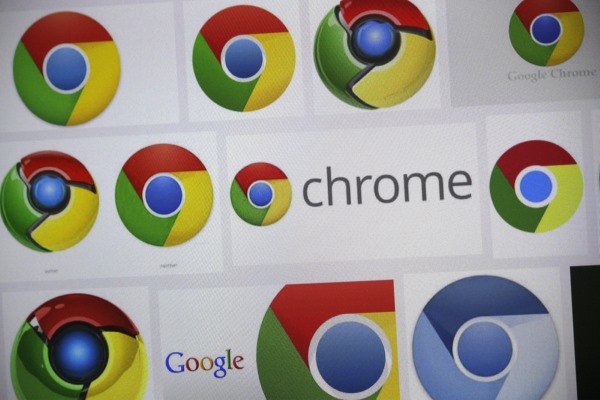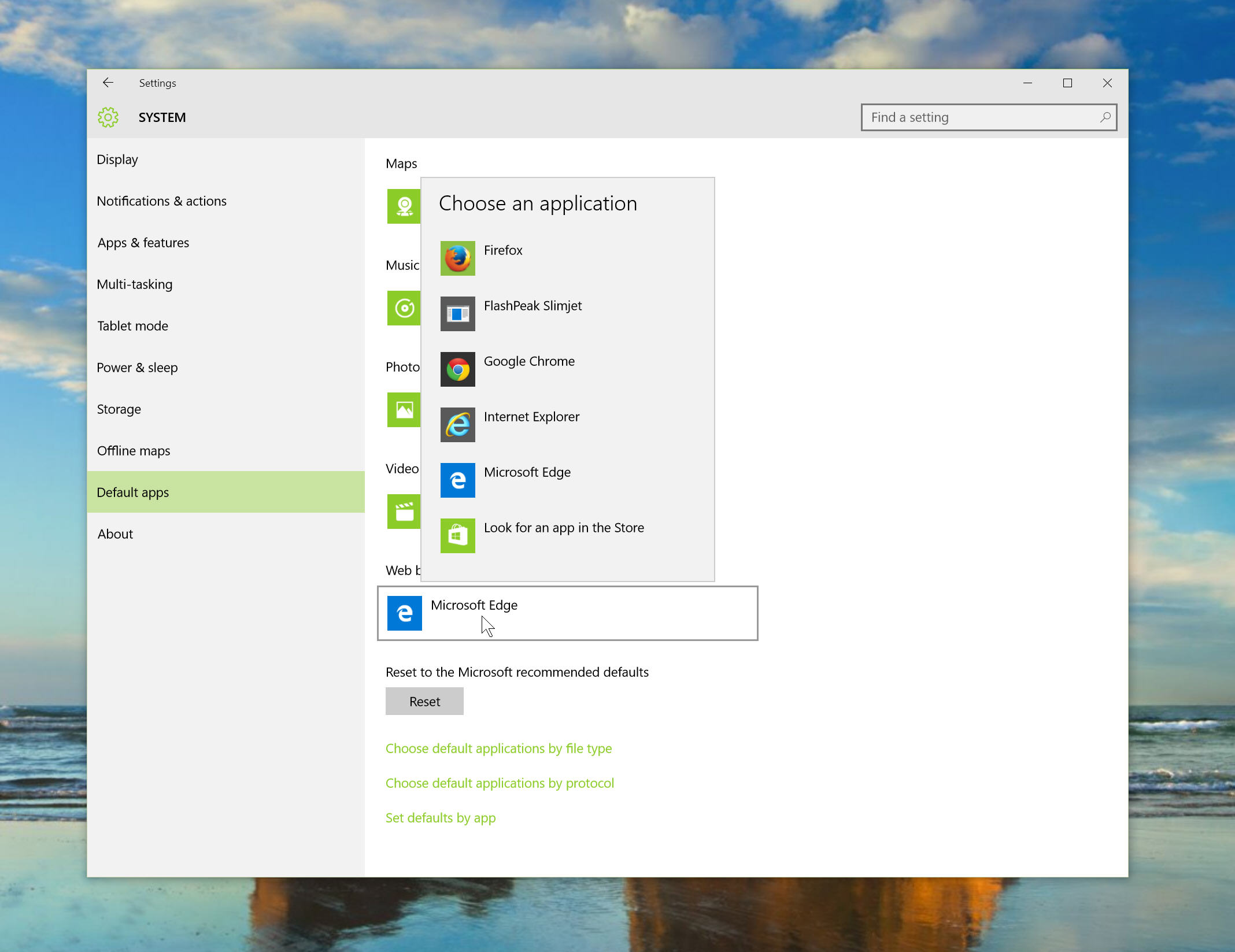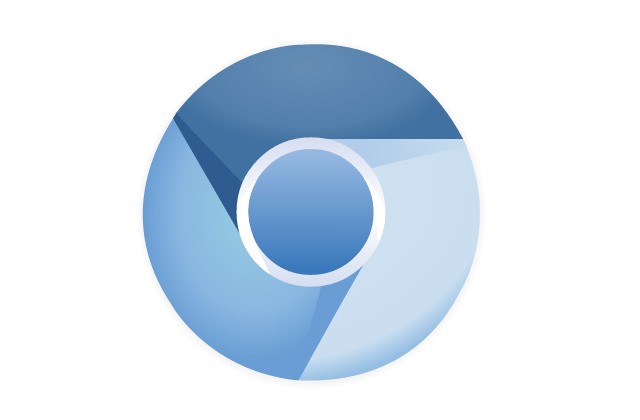
Dump Google Chrome to extend your MacBook's battery life
One of the main benefits to owning a MacBook is the superb battery life. Apple's laptops can work for a great deal of time on battery power alone, thanks in no small part to the numerous improvements made to OS X in recent years. Take my 2013 13-inch MacBook Air for example: it gets well over six hours of battery life on Yosemite, despite being nearly two years old at this stage. I rarely have to worry about plugging it in.
In fact, it could last even longer. The trick is not to use Chrome, which, despite Google's recent efforts to lower its power consumption, continues to be the most power-hungry major browser on OS X, more so than Apple's Safari and Mozilla's Firefox.

Chrome has a hidden tab discard option that could solve your memory problems
For many people Google Chrome is their browser of choice. It may be popular, but most users would concede that Chrome has something of a memory problem -- it will gobble up resources like they are going out of fashion. To get around this issue, all manner of extensions have sprung up offering tab suspension -- but there's a hidden Tab Discarding option built in that does the same job.
As revealed by Google's François Beaufort, the Chrome development team is working on bringing the feature, which is already used by Chrome OS users, to the Windows, Linux and Mac versions of the browser. The Discarded Tabs feature works by unloading tabs from memory when resources are running low, and reloading them if and when they are next clicked. If you install the latest nightly builds, this is already available to you -- here’s how to use it.
Should we all be as pissed as Mozilla about Edge taking over in Windows 10?
Microsoft is no stranger to controversy when it comes to web browsers. Internet Explorer has been the butt of jokes for many years, and the company also found itself in trouble in Europe as part of an antitrust case. With the release of Windows 10, history could be about to repeat itself.
Mozilla CEO Chris Beard penned a letter to Microsoft the other day expressing his disappointment that people upgrading to Windows 10 have their default browser choice overridden and changed to Microsoft Edge. While some may feel that Mozilla is whining, it could be argued that the company is right to be pissed -- and Windows 10 users should be just as pissed at the liberties Microsoft is taking.

ScreenOut is an always-on-top Chrome video viewer
You’re browsing with Chrome, and have found a great video. Ideally you’d watch it all, uninterrupted, but there’s other work to do, and so you have to resize all your various windows to fit.
ScreenOut is a Chrome extension which gives you another option. Click an address bar button and the video opens in a floating, always-on-top pane. Then you can switch to some other application while still watching the clip.
Microsoft Edge introduces new security risks in Windows 10
The Internet Explorer replacement Microsoft Edge is one of the headline features of Windows 10. With security at the heart of Microsoft's latest operating system, and the general concern about online safety, it makes sense to put the web browser under the microscope to see how it fares against the competition.
This is exactly what security analysts at Trend Labs have done. While the team concedes that Microsoft Edge beats Firefox's security and roughly draws level with Chrome's, the new web browser also introduces new security problems and threat vectors.

How to make Firefox or Chrome the default browser in Windows 10
Obviously Microsoft’s Edge browser is the new default choice in Windows 10, and it’s definitely worth giving it a try. I’ve found it to be speedy and surprisingly good. Persevere long enough and you might grow to like it as I have.
That said, if you prefer to use Chrome or Firefox, with all the add-ons and customizations in place, I really couldn’t blame you. Edge isn’t (yet) as flexible, and if you already use Google or Mozilla’s browser for syncing content between devices, then it makes sense to use the same browser in Windows 10. Here’s how to setup a rival browser as the default option.

Dmail brings self-destructing emails to Gmail
Following the release of the Undo Send option last month, Gmail users can now also delete sent emails.
Through a new Chrome extension called Dmail, users will be able to use a self-destruct option, which deletes sent mails after a stipulated period of time.

Road to a cleaner web: Google seeks to aggressively target unwanted software
Google has had enough of websites that present viewers with annoying adverts that try to trick users into downloading downright ridiculous tools on their computers. The Mountain View-based giant announces today that it will now more aggressively block unwanted software (UwS) over the coming weeks in Chrome.
Over the years, these unwanted tools have aggressively grown on the web, especially on shady websites. The fraudsters behind these tools use misleading adverts to trick users into downloading and installing their bogus applications.

Chrome blocks access to torrent sites
Chrome users who download torrents may be thinking about switching to a different browser. Google's web browser is now blocking access to a number of big name torrent sites. This is not a case of Google taking the moral high ground about the rights and wrongs of torrenting, but part of the search giant's security program to protect users from "harmful programs".
Starting yesterday, downloaders found that access was blocked to ExtraTorrent and KickassTorrents, although the block was later lifted. The block remains in place for other torrent sites including kat.cr. Upon attempting to visit an affected site, would-be torrenters are greeted by a red, full-screen security warning that advises of the potential danger of the site in question.

Google bows to pressure to remove eavesdropping extension from Chromium
Google has removed an extension from its open source browser Chromium after people complained that it had been downloaded without permission and then listened to users through their microphones. The Chrome Hotword extension was used by Chromium to offer "OK, Google" voice activation to the browser.
Privacy advocates were concerned about the potential for eavesdropping, particularly in light of the fact that users were not warned of the presence of the extension. There was also concern that the extension is not open source, so it was not possible to see exactly what it was doing. In response to complaints, Chrome Hotword has now been made an optional component.

Is Google Chrome spying on you?
It seems as Google’s software, with the ability to listen everything being said in a room, was being installed on computers without the owners’ consent, and everyone’s freaking out about it.
It was first spotted by open-source developers who noticed that Chromium (open-source basis of Chrome) began remotely installing audio-snooping code that was capable of listening to users, The Guardian wrote in a report.
Chrome for Mac now more resource efficient, lighter on battery consumption
It’s no secret that Chrome for Mac hogs more resources than Safari. The browser by Google has been receiving heat from experts and users alike for shortening their laptop's battery life by 2-3 hours. The good news is that the company finally seems committed to resolving these glitches.
Earlier this month the Mountain View-based giant took its first major step at bringing improvements to its browser when it announced that Chrome will begin to automatically pause flash content on web-pages if a user hasn’t looked at it in a while. The company is now sharing other efforts it is making to improve Chrome.

Google improves Chrome's power consumption
Google Chrome may be one of the most powerful and reliable browsers around, but it is also one of the biggest offenders when it comes to energy consumption. It does not matter if you are using a PC or Mac, or even iPhone or iPad, its impact on battery life is considerable.
Google is well aware of Chrome's shortcomings, now announcing that it is rolling out a number of changes in the coming months that are meant to improve the browser's power consumption. The first improvement targets Adobe Flash.

Share links by audio with Google Tone and Chirp
There are many ways to share a link with someone: Twitter, Facebook, IM, email and more.
But if your friend is close by then you could just broadcast it via specially encoded audio tones.

Chrome VPN service Hola allegedly boosts revenues by facilitating DDoS attacks
Popular peer-to-peer VPN service Hola has become one of the most popular extensions for web users for its free and easy-to-use service, but it looks like the company has been using bandwidth from users for illegal DDoS attacks, amongst other things.
Image board 8chan first reported multiple DDoS attack from Hola, claiming it used an affiliated Luminati network to send the huge traffic spikes. DDoS attacks have been a frequent issue for 8chan, as it struggles to build reliable servers and infrastructure.
